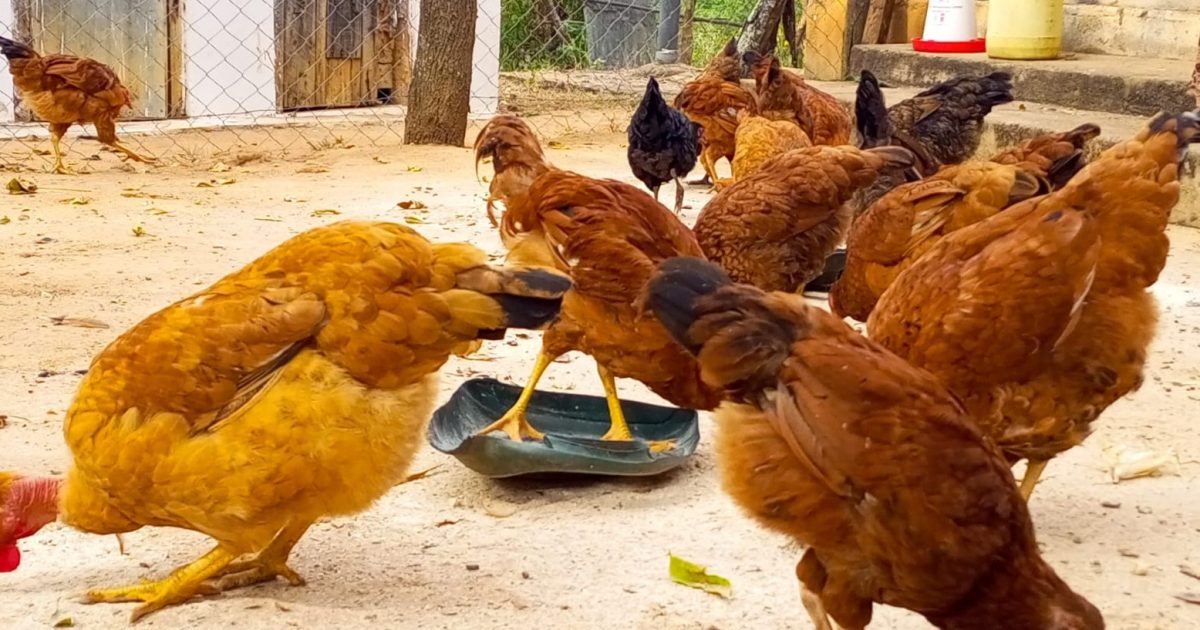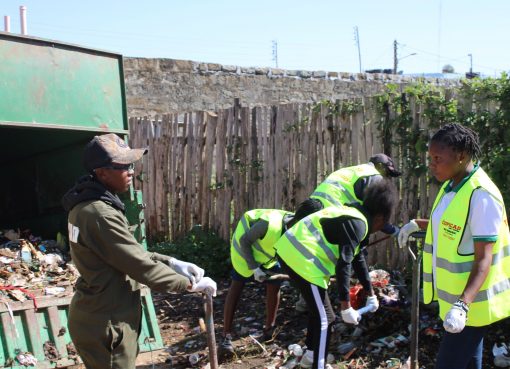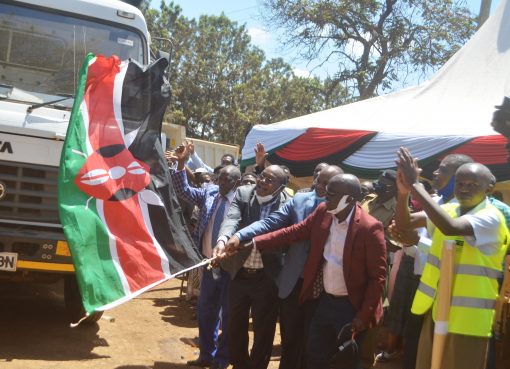With a growing demand for poultry products not only in Kenya but the region, the production of chicken is not keeping pace with population growth.
Kenyan traders have noted that there is a growing demand for poultry and eggs, but they have been facing a supply problem as supplies are not reliable.
Co-founder of Lianfam Africa Limited Mr. Andrew Makatiani said that production shortfalls including weak support services has seen him as a poultry entrepreneur resort to training farmers on the best practice for the production of chicks in order to meet the demand by consumers.
Makatiani whose organization specializes in chicken farming and offers brooded chicks to initiate poultry operations said he started off brooding chicks five years ago but eventually shifted to aggregating and off-taking chicken from farmers by offering access to markets.
In a normal setting of a rural household, poultry are kept more as a secondary activity for supplemental income and are a small percentage and thus the low investment level in poultry.
“We began as a company by hatching chicks although now we have metamorphosed and currently supply quality chicks to farmers, offer extension support collaborating with farmers to produce chicken that will go to the market,” he said
This, he explained has helped in eliminating brokers who don’t give them prices that are sustainable and with the help of development partners through USAID-funded Kenya Crops and Dairy Market Systems (KCDMS), he has moved faster in actualizing his dreams and also of other farmers through access to markets and training.
“When we started working with KCDMS, our organization was so small in terms of business but we have increased from five employees to seventeen and others working on contracts bringing the total to 34 people benefiting from the activity of poultry over a period of about two to three years which is a big plus,” he said.
Since the partnership started, Makatiani said they have reached over 3,500 farmers in Kakamega, Bungoma, Vihiga and Busia by equipping them with brooders.
KCDMS helped in the purchase of production materials and technologies that improve and preserve the nutrition of households namely chicken that would also improve on food security and dietary diversity at the household levels.
“Our engagement with KCDMS has increased our visibility and the speed through which we could expand and reach more farmers because they have facilitated some of the processes like training and helped us through cost sharing to access equipment that we can use to run our slaughter slabs,” he said.
Makatiani said Lianfam’s trademarked IMONDO has a tripartite agreement where the farmers receive quality chicks from Lianfam and brood them for 30 days, helping them expedite the development of the out growers, by assisting in disease control through the supply of vaccines in a timely manner and then in turn buy from them the full chickens.
Once they do aggregation, Makatiani explained that they slaughter, dress and supply to markets which are hospitals, schools, and individual consumers, and lately in partnership with some supermarkets where he will start distributing in the next two months.
Although he has built a relationship with the farmers by first off taking what they had before partnering with them and taking them through food safety standards so that they can produce safe chicken on a contract, Makatiani decries the low production when it comes to chicken farming.
“Farmers have very little resources to do their activities. We have also learned that most farmers do agriculture and not agribusiness so transitioning these farmers from agriculture to agribusiness is another uphill task,” he said.
Makatiani said another challenge for the farmers is access to extension services as it is strained and not all farmers are able to access services so they opt out and do not keep many chicks.
“Theft is also another challenge as you find people just waiting for your chicken to be ready and they steal them,” he said but noting that they are trying to innovate and see how they can be able to label chickens so that when it goes the market the special mark is identified.
Despite the challenges, Makatiani said that the Lianfam sale agreement with the farmers is clean and simple. Theirs is to supply the chicks and the farmers supply chicken.
“It is a binding contract that works as we ensure farmers are paid instantly before we leave the premises once we verify the chicken is worth going to the market as a safe product,” Makatiani said.
Currently, he said that their clients for chicks span from Siaya, Vihiga Kakamega, Bungoma and Trans-Nzoia Counties and that they are building a market where they are able to meet the market demand albeit low production
“For now, we are supplying dress chicken (live birds) within Kakamega County and once the farmers are able to produce sustainably, we will be able to reach the whole country and even be able to export,” Makatiani said.
Makatiani said that he had been handling approximately 200-300 birds monthly but currently, he is approaching the 1,500 mark in the last three months.
“If the business is stable enough, we should be able to supply close to 100,000 birds annually into the market,” he said and urged both men, women and youth to venture into chicken brooding to generate income that can support their households.
Makatiani said the company implements a survey system and is set to launch the I-Kuku Poultry Farm Management app.
The USAID, Feed the Future KCDMS project has been supporting local private sector partners that work with vulnerable smallholder households in 12 County governments
By Wangari Ndirangu





